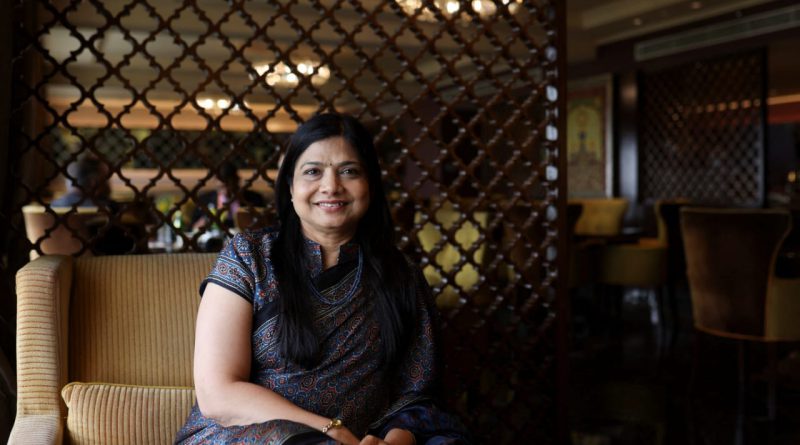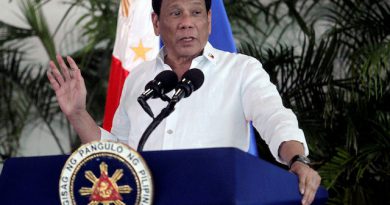India’s EXIM Bank plans to step up funding for African countries
New Delhi (Reuters) – India’s Export-Import Bank plans to step up investments under a government-supported line of credit programme to finance Indian companies looking to access fast-growing African markets, the bank’s top official said, part of a move to expand trade ties.
Amid rising competition from China, Indian Prime Minister Narendra Modi has stepped up efforts to strengthen ties with African nations via aid for infrastructure projects and private investments by Indian companies.
“Africa is becoming a big consuming continent and there Indian companies have huge potential to find a market,” Harsha Bangari, managing director of Export-Import (EXIM) Bank of India, told Reuters in an interview on the sidelines of the 18th CII-Exim Bank Conclave on India-Africa Growth Partnership.
State-owned EXIM Bank, which plays a critical role in providing export financing and government-directed lending to other countries, was supporting over 300 small Indian companies to expand business in African countries, she said.
“We are seeing a consistent and steady trend,” in increasing lines of credit and trade finance, she said, adding EXIM Bank had so far made a credit commitment of $12.8 billion to 42 African countries.
The bank plans to raise $3-$3.5 billion of funds in the current financial year, mostly denominated in U.S. dollars, to finance new projects, she said.
With nearly $75 billion of investments by Indian companies, India is among the top five investors in Africa, government officials told African leaders at the three-day summit.
Bilateral trade between India and Africa rose to nearly $100 billion in the fiscal year to the end of March 2023, and the government aims to raise it to $200 billion by 2030.
EXIM Bank was engaged with various African governments as part of India’s economic diplomacy, including over a metro train project in Mauritius, exports of buses from India to Senegal, and an electricity project in Gambia, Bangari said.
“We have identified sustainable fuels and minerals for transport, renewable and clean energy, climate smart agriculture among other areas for supporting lending to the African countries,” she added.



